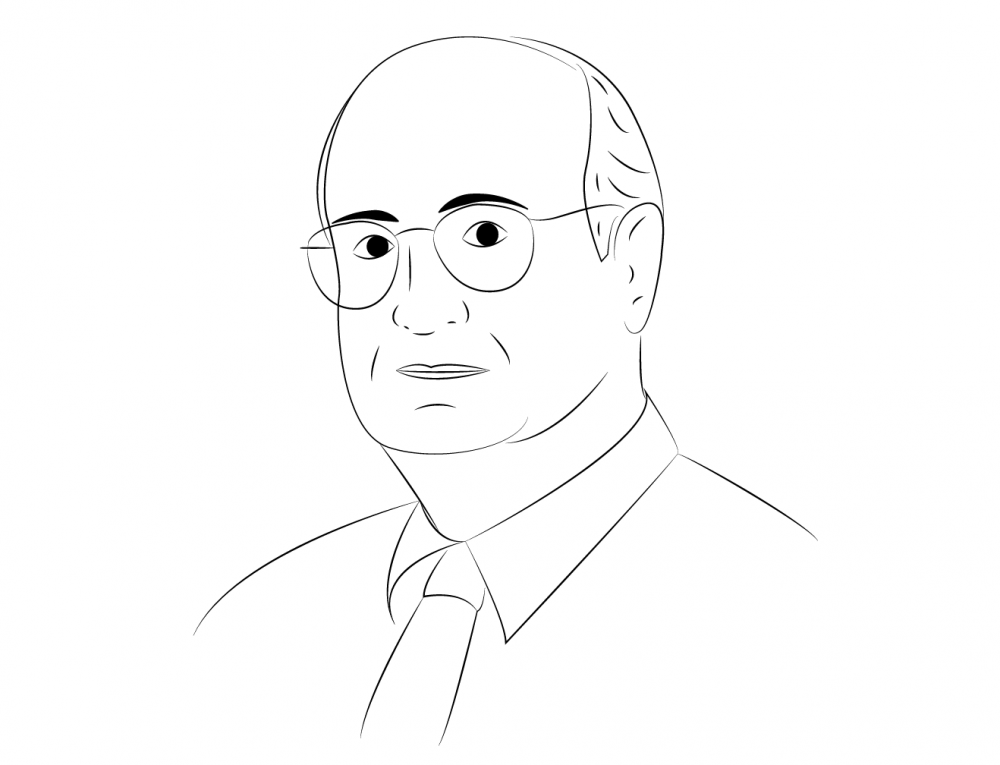Last October, before he was elected President of the U.S., I, among others, put forward the hypothesis that Mr. Donald Trump was a narcissist. Trump fulfills practically all the criteria included in the classification of narcissism established by the Diagnostic and Statistical Manual of Mental Disorders (DSM-5). This is the standard classification of mental disorders used by mental health professionals in many countries all over the world.
The symptoms of this syndrome include the following: Grandiosity; fantasies of power and personal attractiveness; self-perception of being unique; needing constant admiration form others; sense of entitlement; exploitation of others for personal gain; intensely envious of others and pompous and arrogant demeanor. His behavior at the time, which became even more evident since becoming President, only confirmed this hypothesis.
More recently, however, John D. Garner, a practicing psychotherapist who advised psychiatric residents at JohnsHopkins University Medical School, went a step further and stated that Trump has “malignant narcissism” which is different from narcissistic personality disorder and which is incurable. “We have seen enough public behavior by Donald Trump now that we can make this diagnosis indisputably,” says Garner.
Not everybody agrees with this assumption, however. Rep. Chuck Fleishmann, R-Tenn. states that Trump is “passionate” and “vocal” in his approach to the presidency. According to Fleishmann, “Many traditional politicians get elected with one persona and one set of values and rhetoric and then get here and then morph into something else,” which is not the case of Trump, he concludes.
Shrinks don’t generally analyze public figures. During Barry Goldwater’s 1964 run for the presidency, Factmagazine published a special issue titled “The Unconscious of a Conservative: A special issue on the mind of Barry Goldwater.” The article prompted the American Psychiatric Association to issue what it called the “Goldwater Rule” that says: “It is unethical for a psychiatrist to offer a professional opinion unless he or she has conducted an examination.”
Although many psychologists and psychiatrists accept that their work could never be done without direct contact with the subject of their analysis, there are enough manifestations of Trump’s public persona and character to allow for his psychological characterization, one that is of a deep concern for everyone.
In that regard, one could say that Trump’s psychological characteristics are consistent with a person with Antisocial Personality Disorder (ASPD), which is characterized by a pattern of disregard for, or violation of, the rights of others. Also apparent in this disorder is a history of legal problems and of impulsive and aggressive behavior.
Individuals with this disorder generally have no compunction in exploiting others in harmful ways for their own gain and pleasure. They frequently manipulate and deceive other people through a façade of wit and superficial charm, or even through intimidation and violence.
What makes this disorder particularly dangerous is that among its other characteristics those who have it are often reckless and impulsive, and fail to consider the consequences of their actions. In addition, they are often aggressive and manifest a lopsided temper, lashing out with violence to what they perceive is a provocation.
Robert Caro, President Lyndon Johnson great biographer, said, “Although the cliché says that power always corrupts, what is seldom said…is that power always reveals.” Anyone who has observed President Trump’s actions since assuming the presidency cannot fail but notice his increasingly impulsive decisions, his notable frustration at not receiving the response that he expected and a failure to admit that he has been wrong or apologizing when harming others.
What we have is a situation where the most powerful person in the world is tainted by personality characteristics that can be of serious harm to world peace. The extent to which these harmful characteristics can be controlled may well decide the future of the world.


